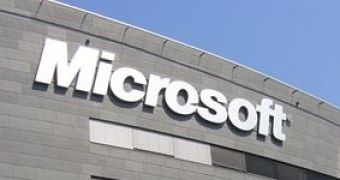Microsoft is one of the companies involved in the Cambridge TV White Spaces trial, an initiative designed to explore anytime, anywhere connectivity by optimizing broadcast spectrum usage.
The new trial launched in Cambridge could prove key in resolving the increasingly critical problem of providing connectivity to laptops, tablets, smartphones and other connected devices, not only in the United Kingdom, but also worldwide.
But for the vision of cognitive radio and dynamic broadband to become reality, the limitations of the current broadcast spectrum allocation model need to be removed.
“A number of the companies participating in the Cambridge trial have worked on these technologies for years. For our part, we’ve worked hard to address spectrum sharing, and design a system that allows cognitive radios to connect seamlessly without interference,” revealed Dan Reed, Corporate Vice President, Technology Policy Strategy & Extreme Computing Group, Microsoft.
A first but very important step in the right direction involves giving green light to the unlicensed use of TV white spaces. This has already happened in the U.S., but more regulatory flexibility is needed around the globe.
At stake is a revolution in terms of connectivity, with consumers standing to benefit the most, but with additional advantages, especially when it comes down to business opportunities and new services.
“Wireless networks using the TV white spaces can provide connectivity similar to Wi-Fi, but with coverage areas measured in kilometers instead of meters,” Reed explained.
“Radio is also egalitarian in that the cost to link a user 30 meters away is the same as the cost of serving a user several kilometers away. Once a base station is turned on, everyone within range has access.
“In addition, the more rural the user, the less intensively radio spectrum is utilized, which enables greater data rates for rural users who do not have direct access to fiber or other wired broadband connections.”
In the Cambridge TV White Spaces trial, Microsoft is joined by such companies as BBC, BSkyB, BT, Cambridge Consultants, Neul, Nokia, Samsung, Spectrum Bridge Inc., TTP, Adaptrum and KTS, with UK broadcast regulator Ofcom offering the consortium a multi-site test license.

 14 DAY TRIAL //
14 DAY TRIAL //